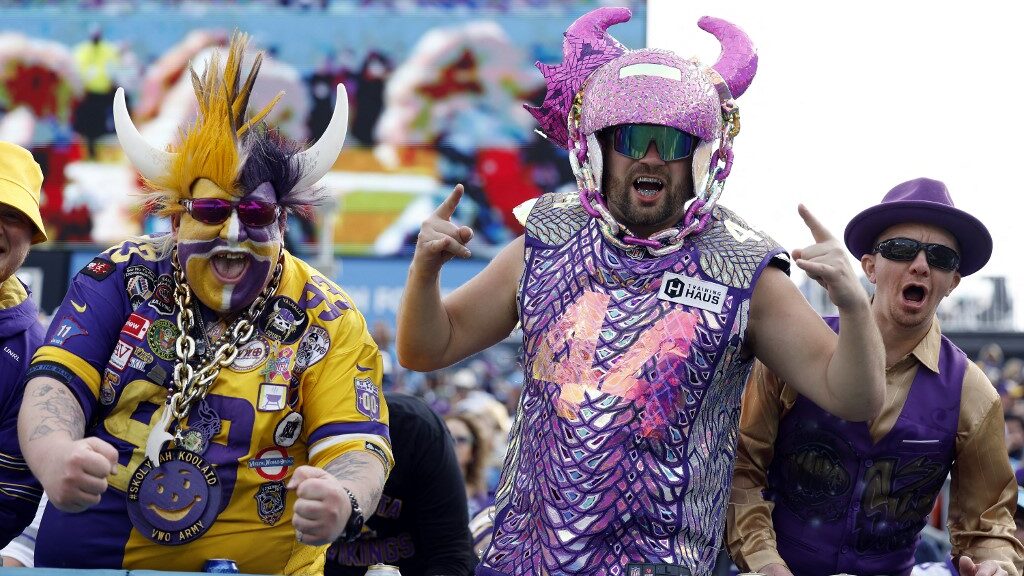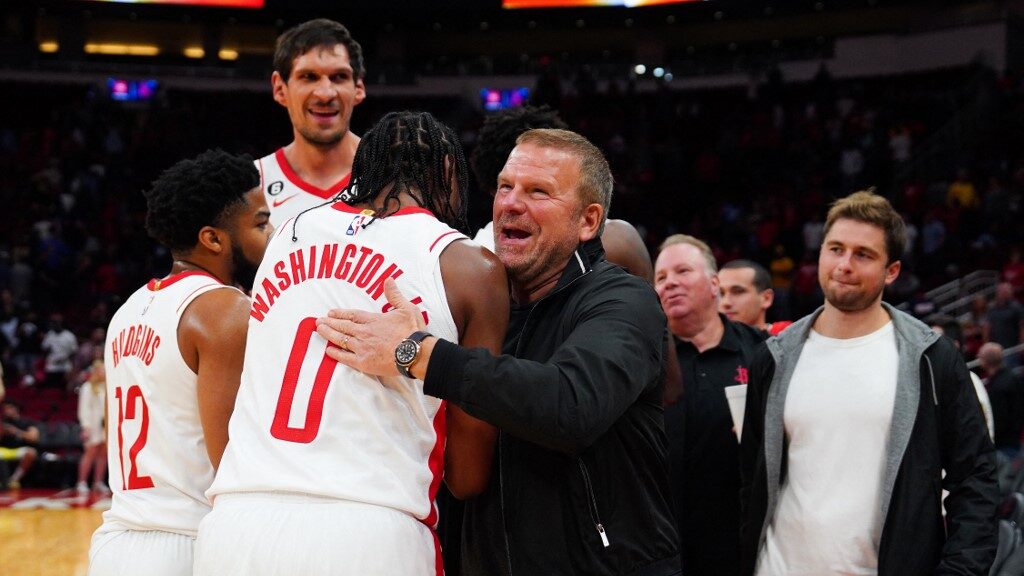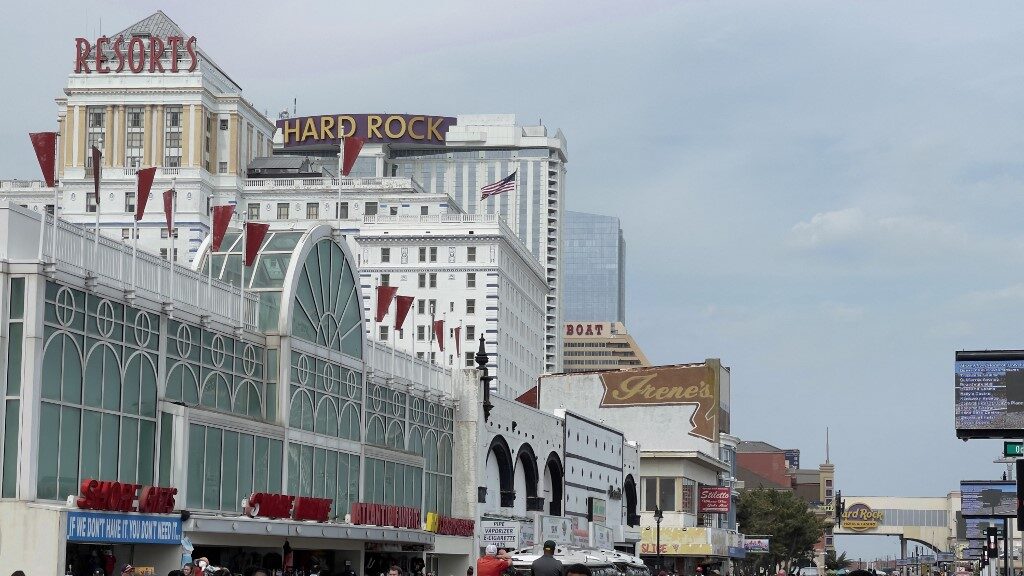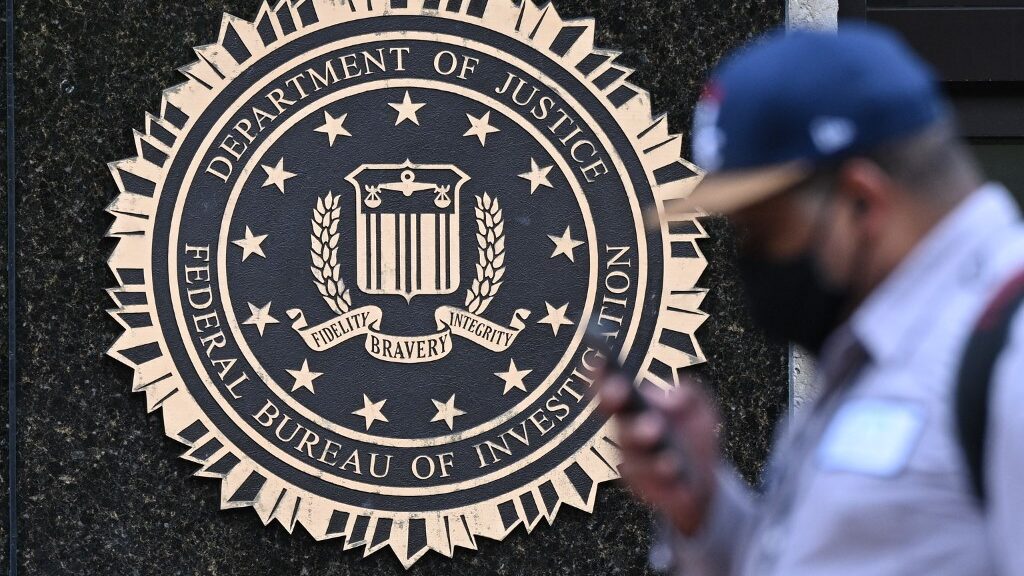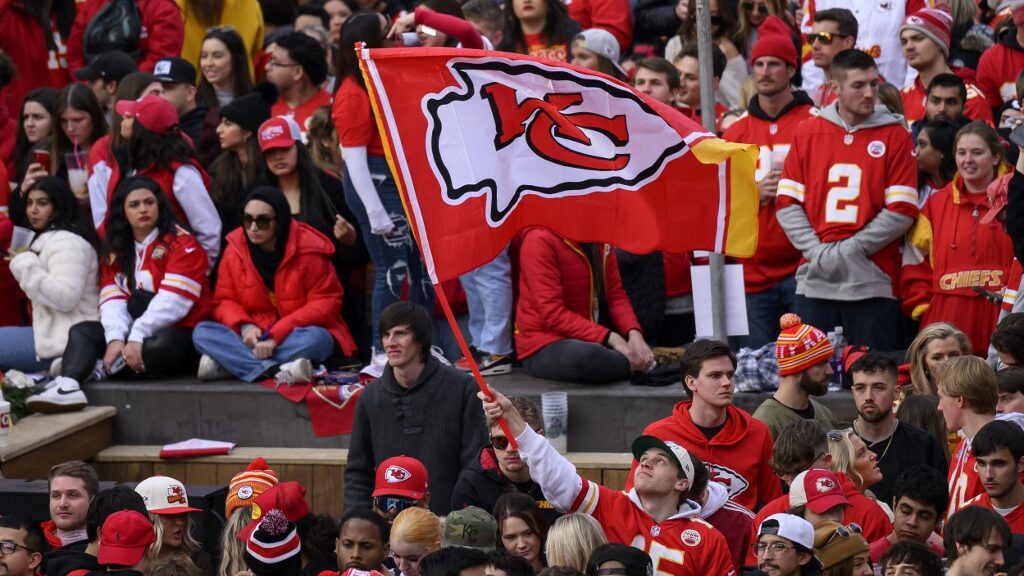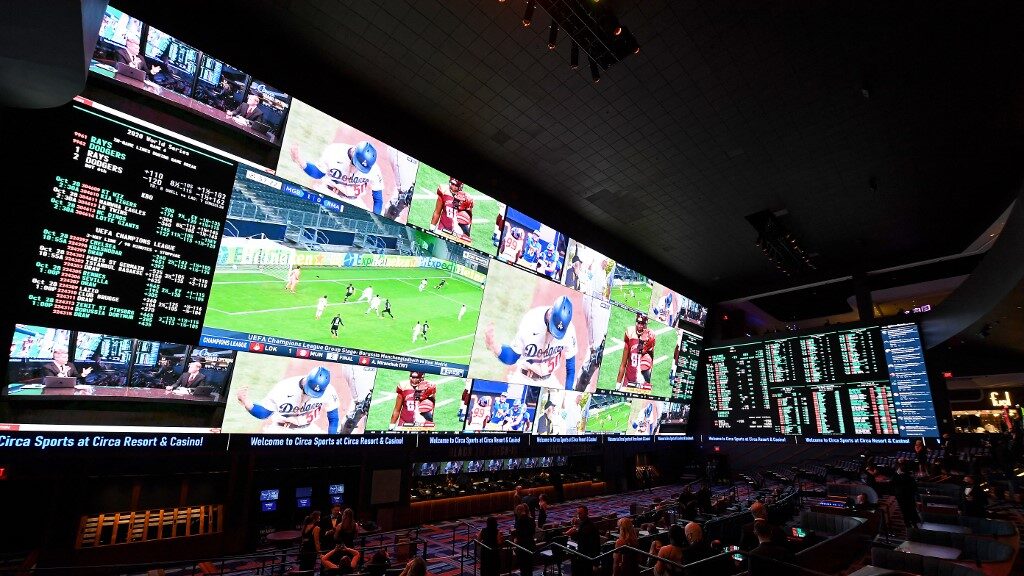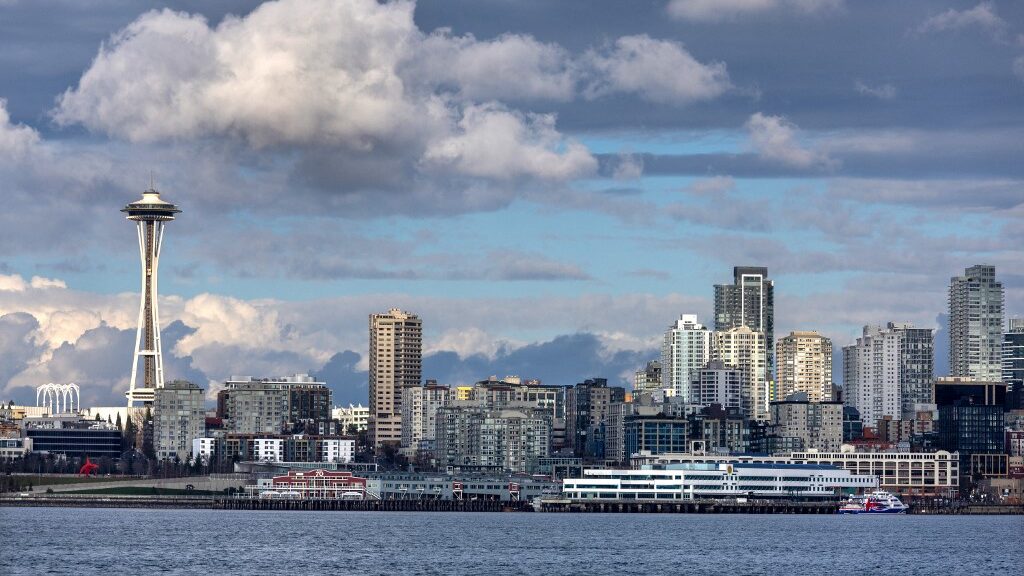
A six-year battle over gambling apps called “social casino games” appears to be over in Washington. Two mobile apps developed by High 5 Games are now considered illegal in The Evergreen State.
The Western District Court of Washington found that High 5 Casino and High 5 Vegas violated Washington’s Consumer Protection Act and Recovery of Money Lost at Gambling Act.
Virtual Money at the Center of Debate
The legal battle ended after the Western District Court of Washington clarified significant aspects of Larsen v. PTT, LLC.
Both apps give players virtual coins to spend on in-app games, and players can win more coins by placing successful bets. High 5 argued that the coins were given out for free and therefore, hold no monetary value. The judge ruled that coins do hold value under Washington law.
The court recognized virtual currency as a ‘thing of value’ under Washington law, even when non-redeemable for cash, and held that the High 5 games functioned exactly like traditional slot machines. The court found the social casino games to be illegal gambling and, therefore, an unfair or deceptive business practice under Washington law.
Judge Cites 2018 Case in Decision
Judge Tiffany Cartwright heard the arguments, applying the principles of the Kater case to help her with her decision.
She cited the 2018 case of Kater vs. Churchill Downs. Judge Cartwright told EGR North America “As explained in Kater, the coins need no intrinsic pecuniary value – their value derives from their usability in enabling gameplay. When High 5’s virtual coins are wagered on its games, they are ‘things of value’ being gambled,” the judge explained.
The original lawsuit was brought against High 5 by a man named Rick Larsen. He argued that the apps were illegal under Washington Law because the apps required players to buy additional chips using real money.
Cartwright agreed and cited previous district court arguments that have dismissed the significance of this technicality, stating that regular play is not feasible without user payments.
Legal Troubles Not Over Yet for High 5 Games
High 5 Games is still involved in an active case, Wilson vs. PTT, LLC, in the Western Washington District Court, which has seen no progress since early 2003.
Judge Robert Lasnik of the Seattle federal court recently ruled that online gaming companies DoubleDown Interactive (DDI) and International Game Technology (IGT) violated Washington state gambling law by offering “social casino” games similar to those by High 5 Games.
Like High 5’s games, these are free to play, but users can purchase additional chips. According to the lawsuit, consumers bet to win more chips than they would otherwise need to purchase.
Sweepstakes Casinos in the Crosshairs
State officials across the United States are increasingly taking a stance on sweepstakes casinos, and this legal action against High 5 reflects that trend. Following a two-year investigation, sweepstakes casinos halted their operations in Michigan in October.
Washington continues to favor actions of this type and maintains a hostile stance towards virtual casino operators.
Following Cartwright’s order, High 5 now owes damages to Larsen’s consumer class, with the compensation amount to be set by a jury. High 5 claims to have ceased operations within Washington by employing a combination of player disclosure and geolocation.


